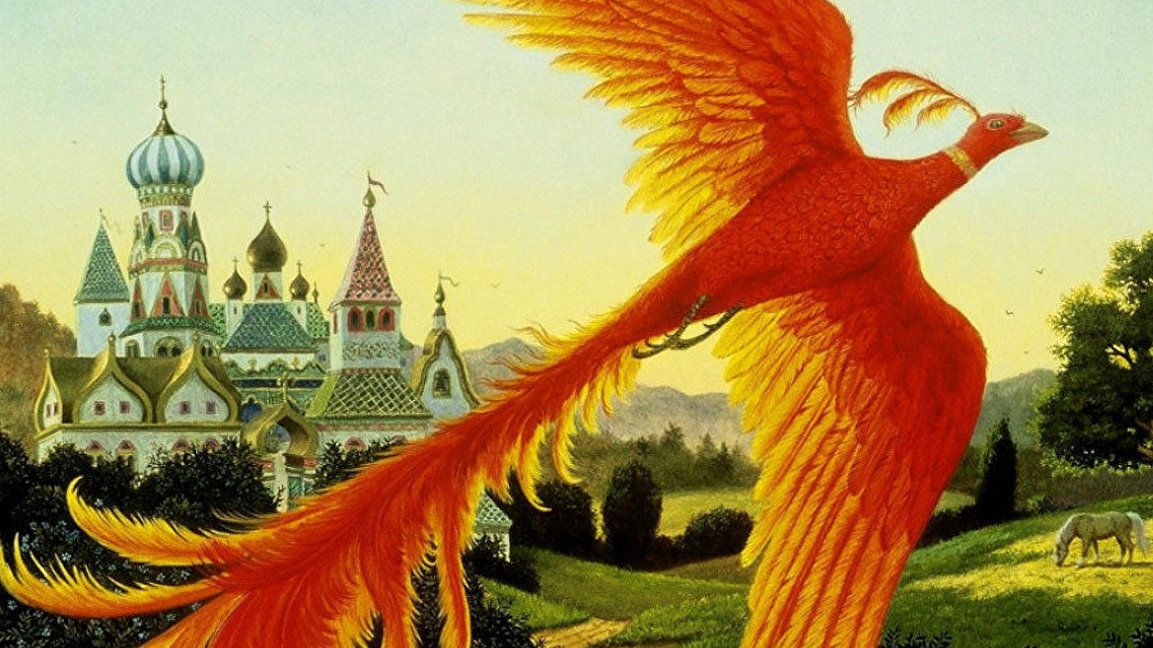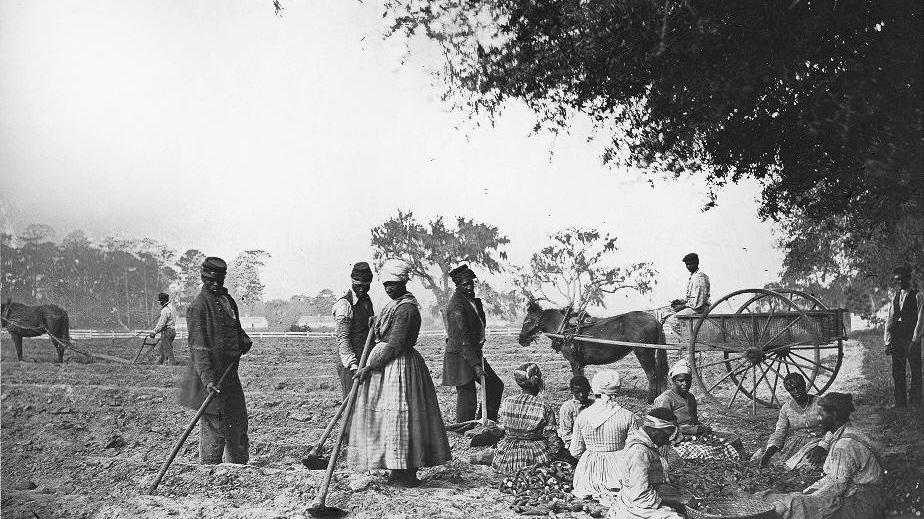Rachmaninov’s Third Symphony: Freedom in Exile
Sergei Rachmaninov spent much of his life in exile, both literally and as a composer. In December of 1917 at the outbreak of the Russian Revolution, Rachmaninov and his wife, Natalia, fled Russia, eventually building their Villa Senar on the idyllic shores of Switzerland’s Lake Lucerne. It was here that Rachmaninov composed the Symphony No. 3 in A minor during the summers of 1935 and 1936. His work on this final symphony was interrupted by an …







